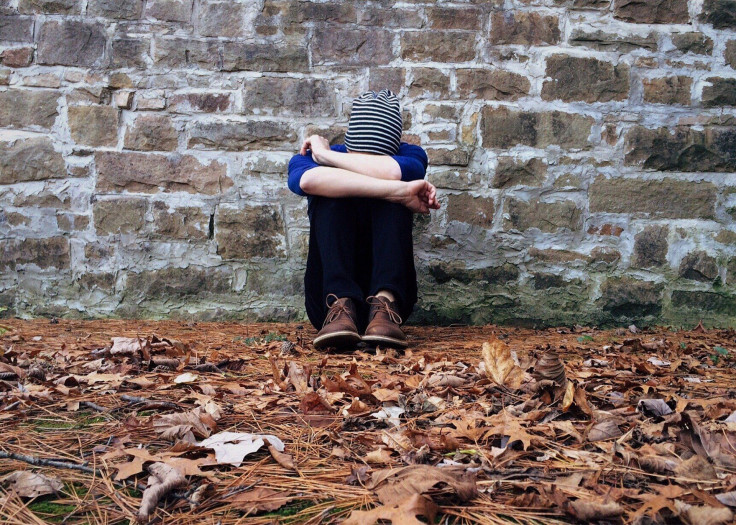Lonely People Seek Primary Care Services More Often: Study
KEY POINTS
- In Great Britain, 3.7 million people feel lonely "often" or "always"
- Researchers found that lonely people visit GPs more compared to those who aren't lonely
- Lonely women also make more GP visits compared to lonely men
People who are lonely tend to make more visits to their general practitioners (GP) compared to people who aren't, researchers have found.
Loneliness is a "growing public health concern," the researchers of a study, published in Health Psychology Review, said. It has been linked to adverse health outcomes. For instance, loneliness and social isolation in older adults can put them at risk for serious conditions such as dementia and depression.
In Great Britain, about 3.7 million adults report feeling lonely "often" or "always," the University of Sheffield noted in a news release. In fact, the problem has been taken so seriously that in 2018, a Minister for Loneliness was even appointed in the U.K. Government.
While there has been evidence linking loneliness and social isolation to greater health care use such as GP visits, the magnitude at which this tends to happen has been unclear, the researchers noted.
For their study, the researchers reviewed 25 studies encompassing more than 113,000 people from across the globe. Six of the studies were in North America, six in the U.K., five in Europe, four in Australia/New Zealand, three in Asia and one in Israel. They found that the people who are suffering from loneliness and feelings of social isolation actually visit primary care providers such as physicians and GPs more compared to those who aren't lonely.
This was observed regardless of whether the country's healthcare is private or public. Furthermore, women who were lonely tended to make more GP visits compared to men who feel lonely.
It is unclear, however, if the more frequent visits were because of the health effects that have been associated with loneliness or simply because they are looking for someone to talk to.
"With loneliness becoming a growing public health concern, and demands on health-care systems increasing as the population ages, further research is needed to better understand the factors and processes that might explain why people who feel lonely use primary health-care more frequently," the researchers wrote.
This is something that the researchers are already working to figure out, the University of Sheffield noted.
"Our findings put the spotlight on the impact that loneliness can have on health-care utilization, and suggest that addressing the issue of loneliness at both the societal and the community levels could improve health and reduce the use of health services," the study's lead author, Dr. Fuschia Sirois of the University of Sheffield, said in the news release. "When we find ways to reduce loneliness, we improve the physical and mental health of people in society, and reduce the costs to the NHS."
There are things that some people can do to ease feelings of loneliness, including hanging out with "like-minded people," chatting online, scribbling thoughts to help process emotions, volunteering, spending time with pets and even exercising.

© Copyright IBTimes 2025. All rights reserved.






















